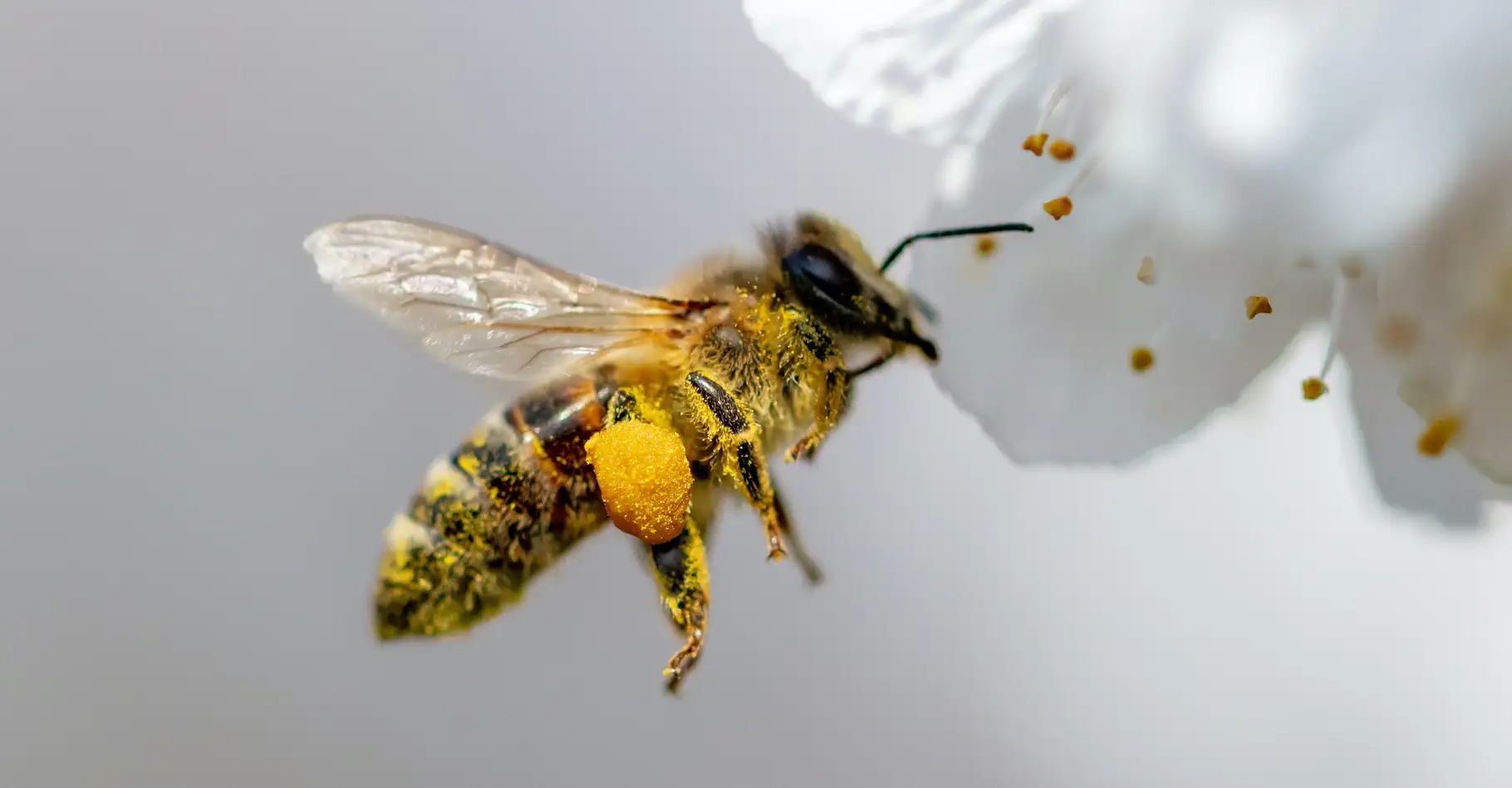A study has managed to quantify the number of human deaths caused by the disappearance of pollinating insects. Fewer insects will inevitably mean less agricultural production, and the health consequences are already alarming in some countries.
The disappearance of insects is already having an impact on agricultural production: fewer pollinators will inevitably lead to fewer fruits and vegetables, while increasing the risk of disease in the human population. Globally, three quarters of all cultivated fields depend on pollinating insects, but the population of these irreplaceable and indispensable helpers is decreasing every year.
According to the en Environmental Health Perspective According to the published study, this currently translates into a loss of 3 to 5% in the production of fruits, vegetables and nuts: 4.7% for fruits, 3.2% for vegetables and 4.7% for nut. In some countries, these foods are the only ones available. According to scientists, as little as 1% of all annual deaths can be attributed to this decline in healthy eating: heart disease, stroke, diabetes and some cancers are directly linked to poor diets. There are therefore approximately 427,000 deaths per year (and up to almost 700,000 according to certain results) which could be directly linked to this drop in production, the researchers specify.
Without imports, food will become poorer in the face of insect mortality.
To get these numbers, they analyzed data from hundreds of farms around the world. They fed this production data into a computer model, along with other data on diseases caused by depleted diets due to declining production types. According to the results, China, India, Russia and Indonesia are the countries most at risk of premature death from a diet low in fruits and vegetables.
©Environmental health perspective – Countries where the health of the population is most affected by the disappearance of pollinators.
Why these countries? Quite simply because these are nations that import very little of their food and have no choice but to subsist on what is produced in their country. The easier it is for countries to import their food, the less they suffer the consequences of past pollinator demise. But in a pessimistic scenario with even more destruction of nature, other countries will also end up suffering from poor nutrition and therefore poorer health.
Effects on the economy and therefore on inflation
In China, India, Russia, and Indonesia, people eat far too much rice, wheat, corn, and barley, which come from plants that don’t need pollinating insects (wind and humans do this work for them). Excess consumption of these foods leads to diabetes and obesity. Conversely, cherries, apples, raspberries, or pumpkins that require insects are healthier. The economic loss is also significant: 12 to 31% less income compared to scenarios with integrated insect abundance. As the supply of these natural resources decreases, their prices also increase, so the poorest countries will be the first to suffer from this inflation.
The authors of the study warn that these alarming figures are not an inevitable fate: restoring natural habitats, increasing the area of flowers and reducing the use of pesticides are all actions that can help people of insects to re-establish themselves in degraded land.
Publisher: Futura, written by Karine Durand.
Cover photo: © schankz, Adobe Stock
2.Figure: © Environmental Health Perspective

“Unable to type with boxing gloves on. Web maven. Infuriatingly humble creator. Typical tv specialist. Music aficionado. Proud explorer.”





